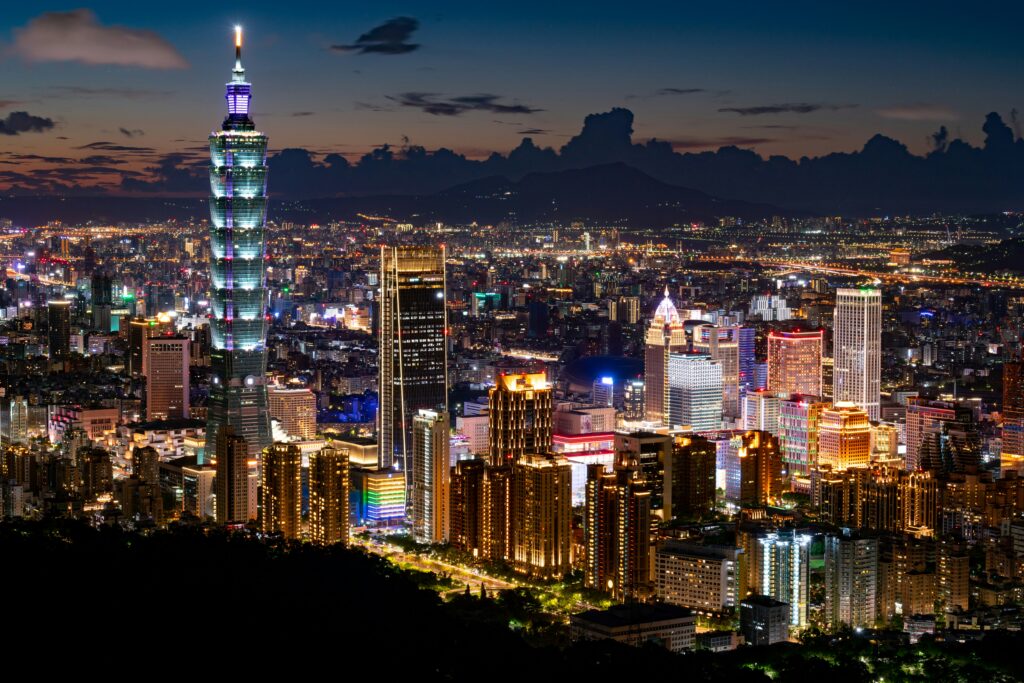Taiwanese President Lai Ching-te described recent trade tensions with the United States as “friendly disputes” during a speech on Tuesday. The US had imposed a 32% tariff on all Taiwanese imports, which was later reduced to 10% for 90 days to allow for negotiations. Officials from both sides started talks last month and plan to continue with a second round soon.
Despite the tariffs, Lai emphasized the strong and long-standing friendship between Taiwan and the US. He called for honest communication to resolve differences and strengthen the bilateral relationship.
Taiwan Stresses Defence and Diplomacy Amid Growing Pressures
President Lai reaffirmed Taiwan’s focus on strengthening national defence against threats from China. He promised to boost security through international arms purchases and domestic weapon development. Lai stated that Taiwan would stand “shoulder to shoulder” with its allies to deter aggression.
While stressing preparedness to avoid conflict, Lai left open the possibility for dialogue with Beijing — provided it is based on mutual respect and equality. “Taiwan remains open to cooperation if both sides uphold equal terms,” he said.
Tech Sector Drives Economic Stability as Trade Talks Progress
Lai highlighted Taiwan’s tech industry as a pillar of economic resilience during the trade dispute. He welcomed Nvidia’s plan to build an AI supercomputer in Taiwan in collaboration with TSMC, Foxconn, and the government. Nvidia’s CEO Jensen Huang, who was born in Taiwan, also announced opening a new office in Taipei.
The president pledged to encourage more foreign investment and support domestic innovation in microchips and green technologies. He pointed to Taiwan Semiconductor Manufacturing Company’s (TSMC) $100 billion investment plan, including new factory operations in Arizona launched late last year, as a model for Taiwanese firms expanding into the US market.
Lai’s recent proposal to lift tariffs on US imports drew protests from local farmers. Demonstrators opposed the plan, which would increase Taiwan’s purchases of US products. Despite the backlash, Lai framed the move as essential to maintaining fair and reciprocal trade relations.


